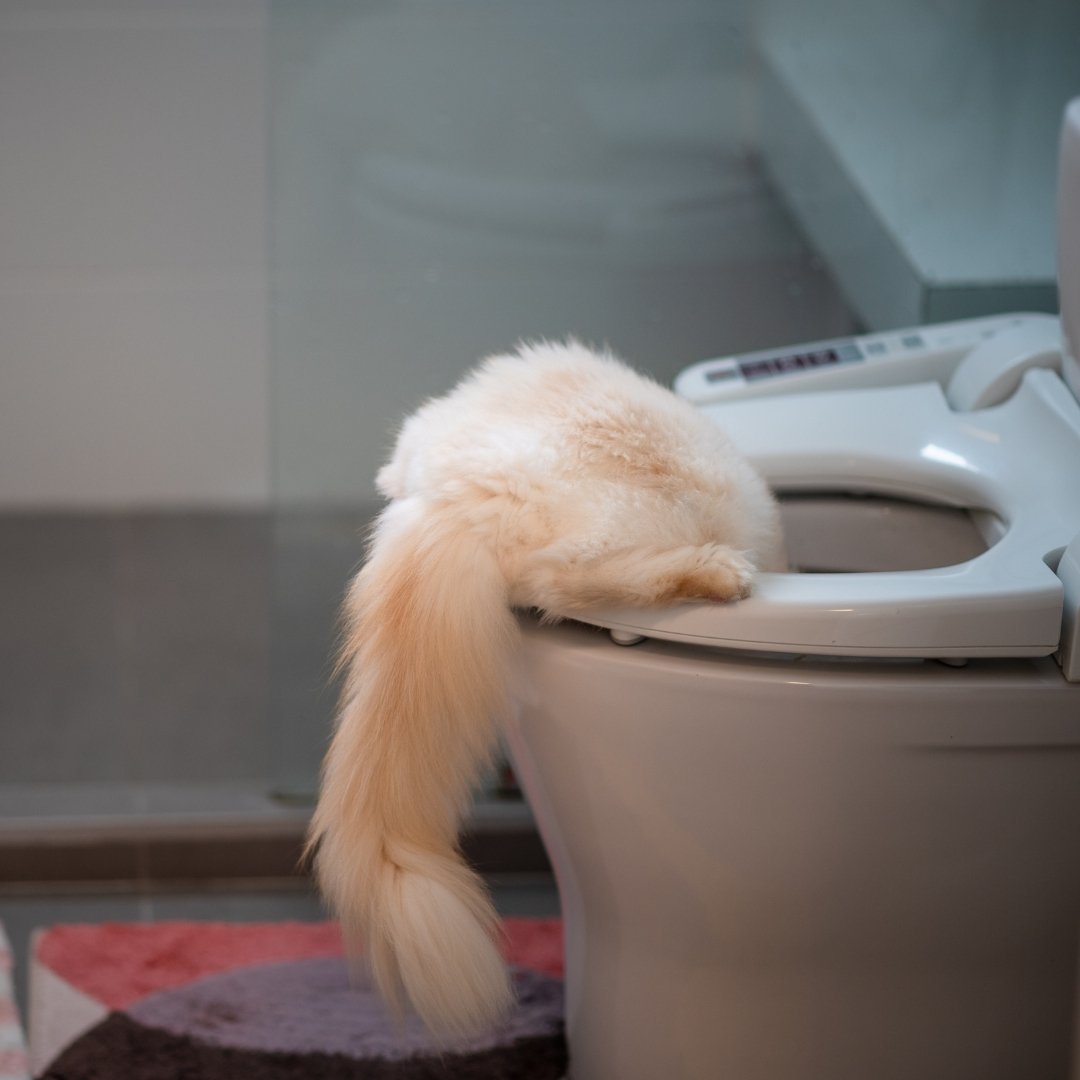Dangers of Flushing Cat Poop in Your Toilet - Precautionary Steps
Dangers of Flushing Cat Poop in Your Toilet - Precautionary Steps
Blog Article
Nearly everybody has got their own theory when it comes to Don’t flush cat feces down the toilet.

Introduction
As pet cat owners, it's necessary to bear in mind just how we dispose of our feline buddies' waste. While it may seem convenient to flush feline poop down the bathroom, this technique can have detrimental consequences for both the environment and human wellness.
Ecological Impact
Purging feline poop introduces dangerous virus and bloodsuckers right into the water, posing a significant risk to aquatic ecosystems. These contaminants can adversely influence aquatic life and concession water quality.
Health Risks
In addition to environmental issues, purging feline waste can likewise posture wellness threats to people. Feline feces may include Toxoplasma gondii, a parasite that can trigger toxoplasmosis-- a possibly extreme illness, especially for pregnant females and people with weakened immune systems.
Alternatives to Flushing
Fortunately, there are safer and extra responsible means to get rid of pet cat poop. Take into consideration the complying with choices:
1. Scoop and Dispose in Trash
One of the most typical approach of getting rid of cat poop is to scoop it into an eco-friendly bag and throw it in the garbage. Make sure to make use of a specialized trash inside story and get rid of the waste immediately.
2. Usage Biodegradable Litter
Select biodegradable pet cat trash made from materials such as corn or wheat. These litters are eco-friendly and can be safely taken care of in the trash.
3. Hide in the Yard
If you have a lawn, consider hiding feline waste in a marked area far from vegetable gardens and water resources. Be sure to dig deep enough to stop contamination of groundwater.
4. Mount a Pet Waste Disposal System
Invest in a pet dog garbage disposal system especially designed for feline waste. These systems make use of enzymes to break down the waste, decreasing smell and environmental influence.
Conclusion
Liable animal ownership prolongs beyond offering food and sanctuary-- it also includes correct waste administration. By avoiding flushing cat poop down the commode and selecting alternate disposal approaches, we can decrease our ecological footprint and safeguard human wellness.
Why You Should Never Flush Cat Poop Down the Toilet
A rose by any other name might smell as sweet, but not all poop is created equal. Toilets, and our sewage systems, are designed for human excrement, not animal waste. It might seem like it couldn’t hurt to toss cat feces into the loo, but it’s not a good idea to flush cat poop in the toilet.
First and foremost, assuming your cat uses a litter box, any waste is going to have litter on it. And even the smallest amount of litter can wreak havoc on plumbing.
Over time, small amounts build up, filling up your septic system. Most litter sold today is clumping; it is made from a type of clay that hardens when it gets wet. Ever tried to scrape old clumps from the bottom of a litter box? You know just how cement-hard it can get!
Now imagine just a small clump of that stuck in your pipes. A simple de-clogger like Drano isn’t going to cut it. And that means it’s going to cost you big time to fix it.
Parasitic Contamination
Believe it or not, your healthy kitty may be harboring a nasty parasite. Only cats excrete Toxoplasma in their feces. Yet it rarely causes serious health issues in the cats that are infected. Most people will be fine too if infected. Only pregnant women and people with compromised immune systems are at risk. (If you’ve ever heard how women who are expecting are excused from litter cleaning duty, Toxoplasma is why.)
But other animals may have a problem if infected with the parasite. And human water treatment systems aren’t designed to handle it. As a result, the systems don’t remove the parasite before discharging wastewater into local waterways. Fish, shellfish, and other marine life — otters in particular — are susceptible to toxoplasma. If exposed, most will end up with brain damage and many will die.
Depending on the species of fish, they may end up on someone’s fish hook and, ultimately on someone’s dinner plate. If that someone has a chronic illness, they’re at risk.
Skip the Toilet Training
We know there are folks out there who like to toilet train their cats. And we give them props, it takes a lot of work. But thanks to the toxoplasma, it’s not a good idea.

I hope you enjoyed our article about How to Dispose of Cat Poop and Litter Without Plastic Bags. Thanks a ton for taking time to browse our short article. For those who enjoyed reading our blog posting please do not forget to share it. Many thanks for your time. Don't forget to check our website back soon.
Rates Report this page